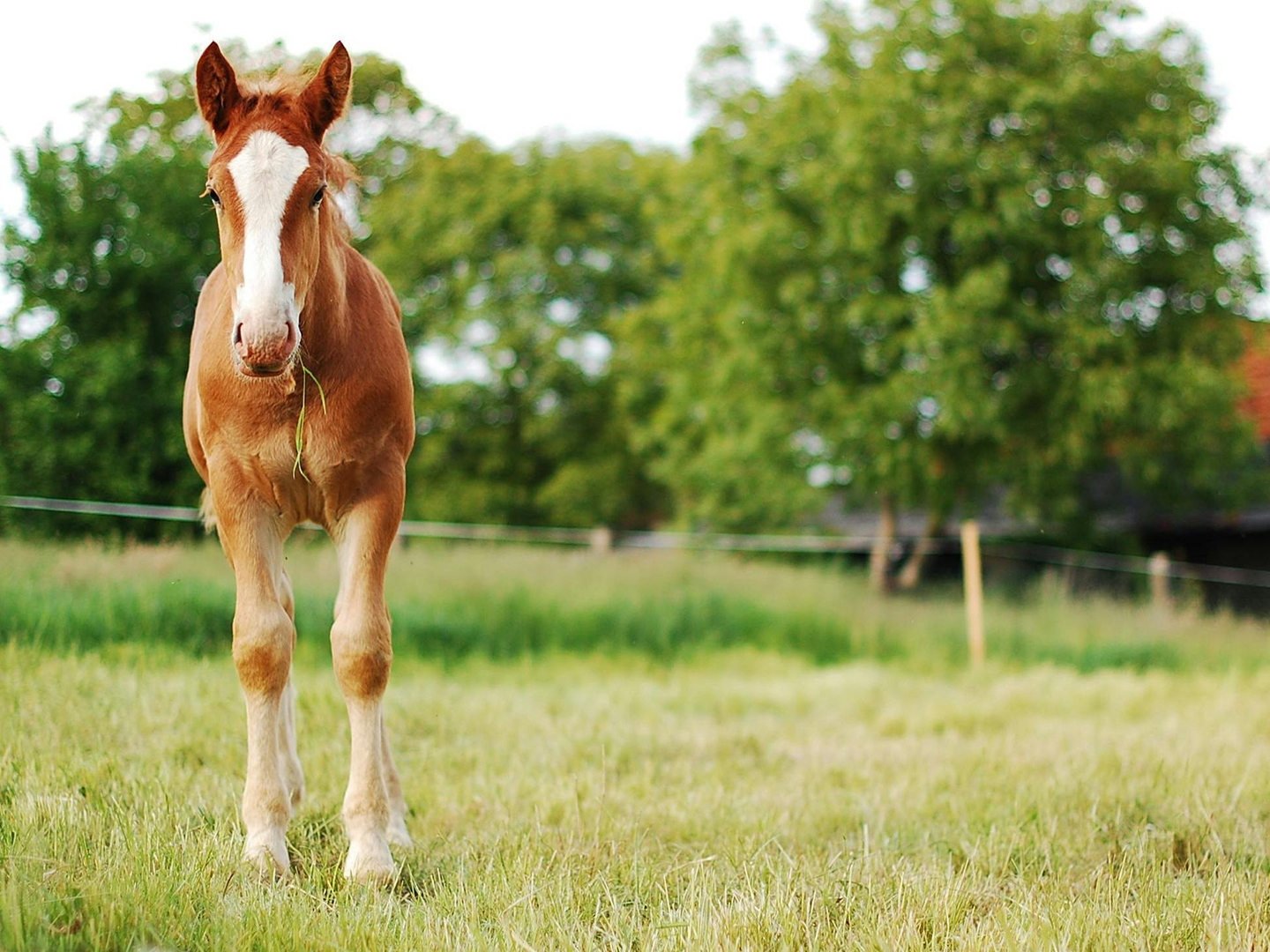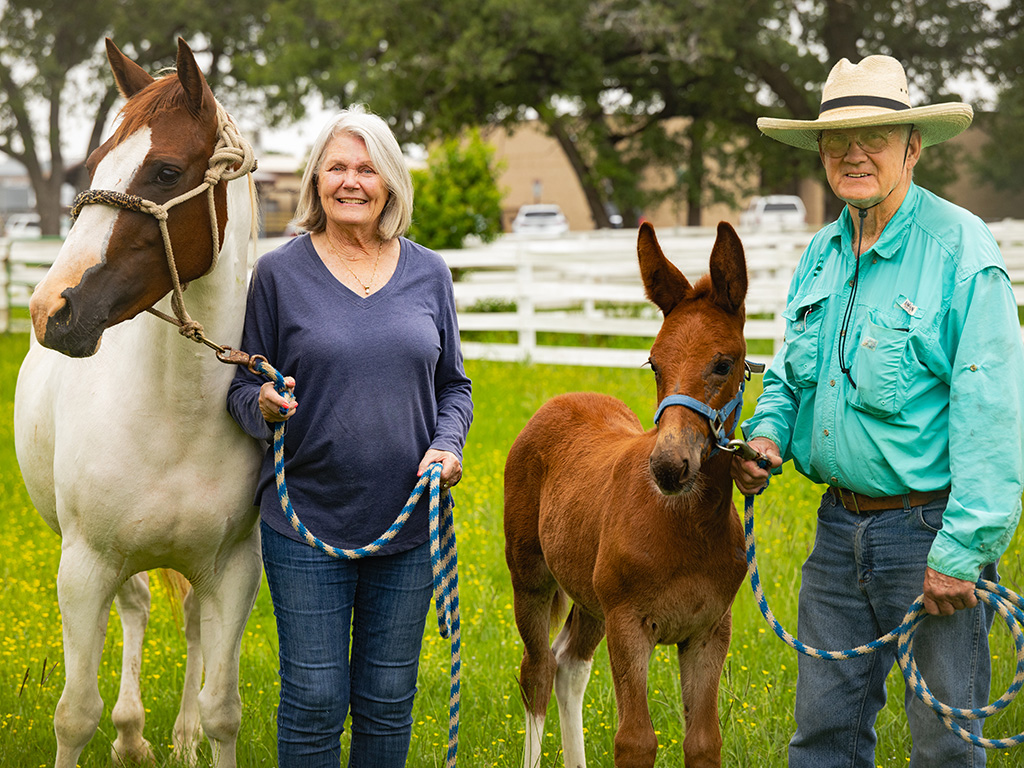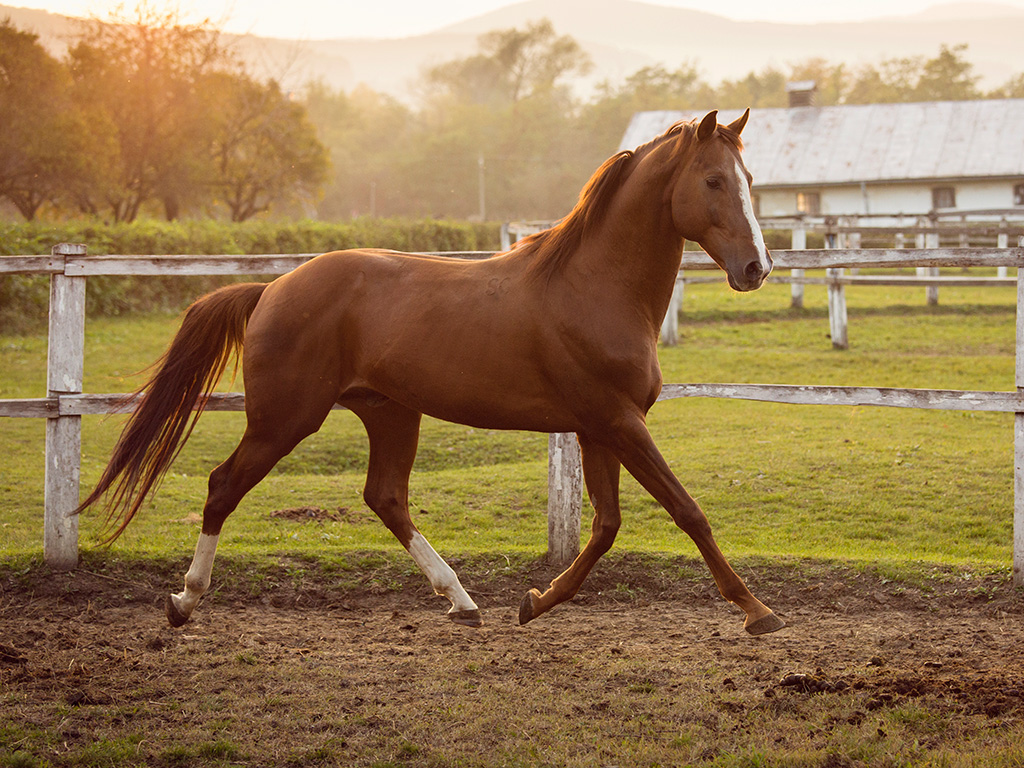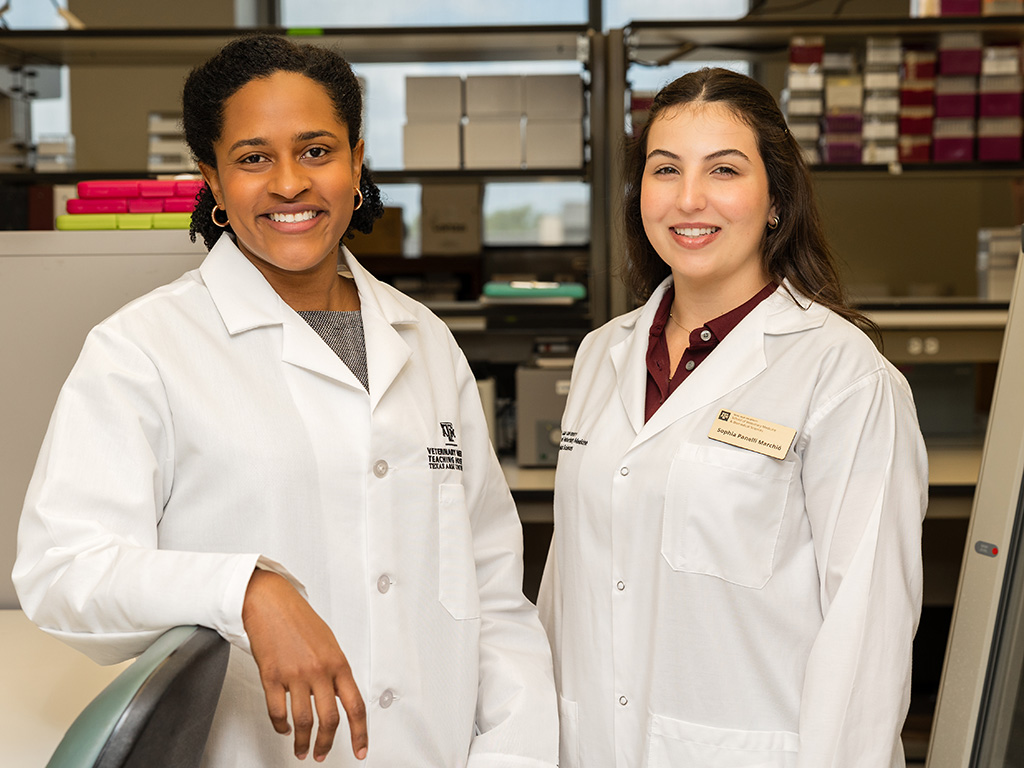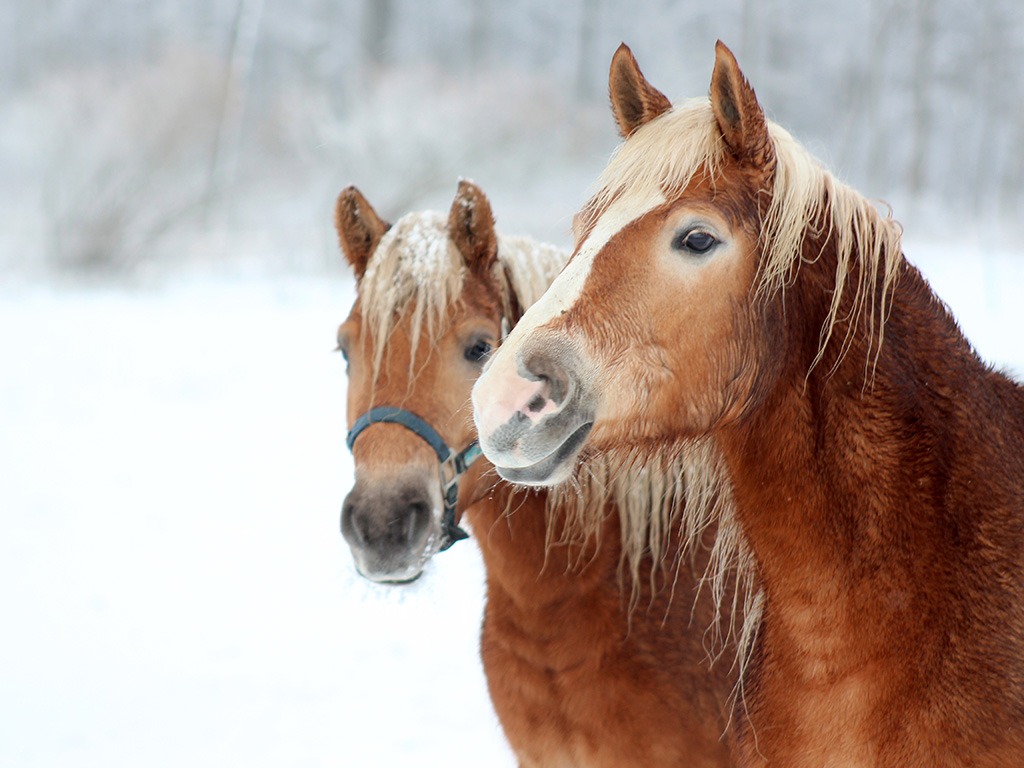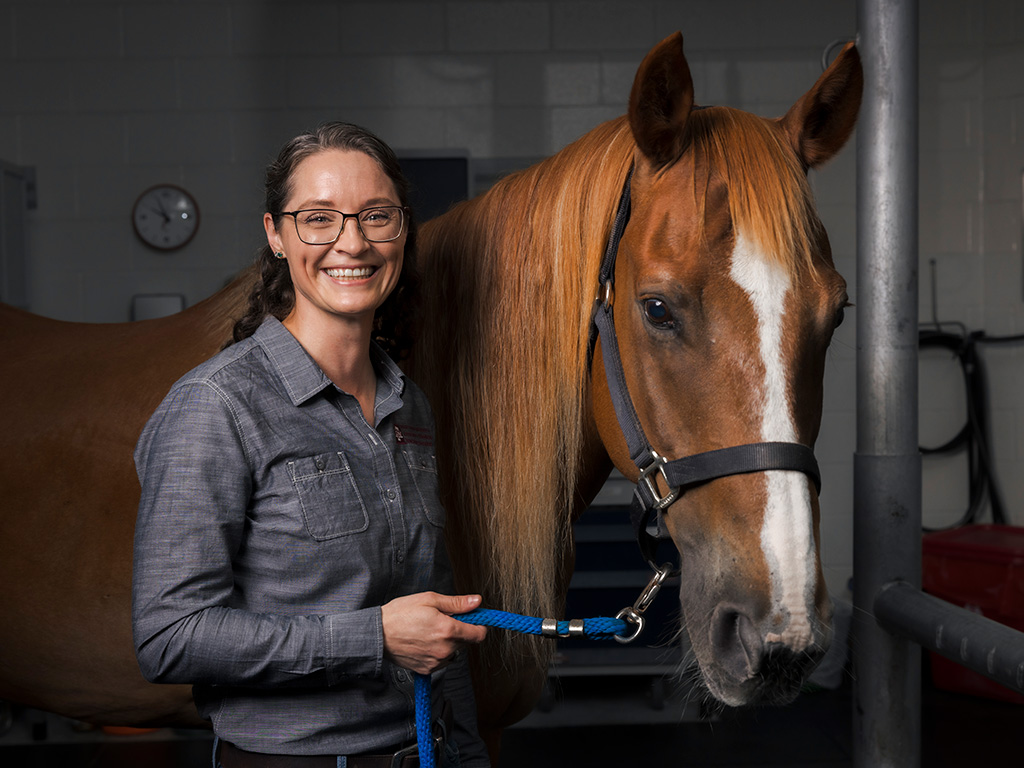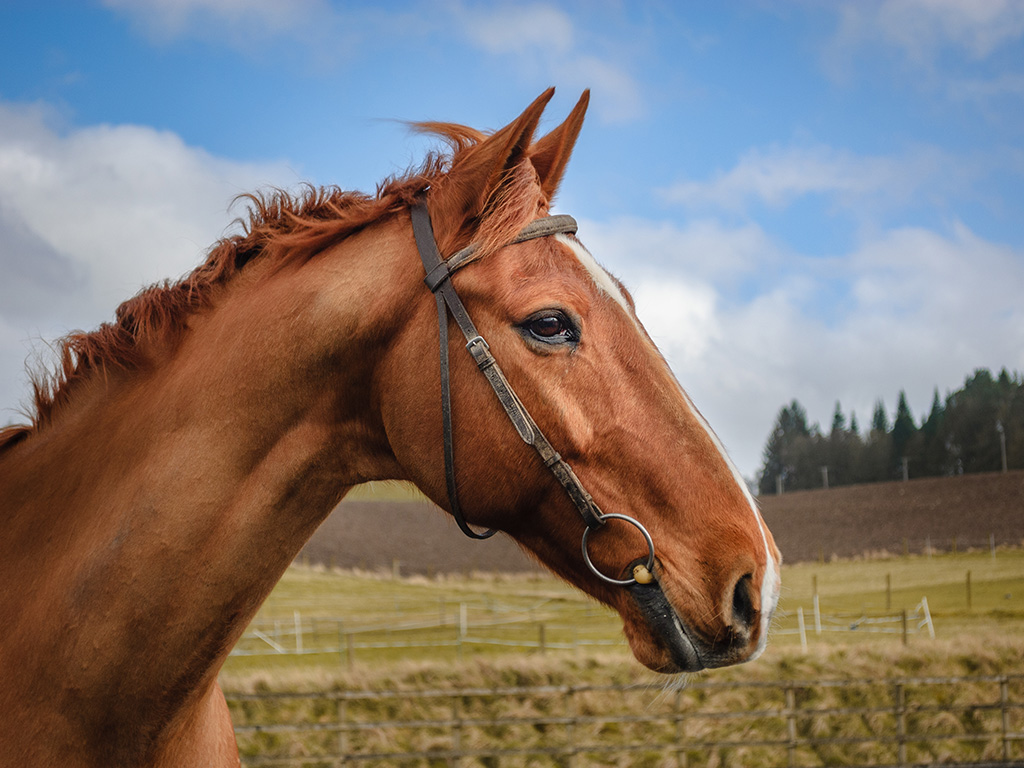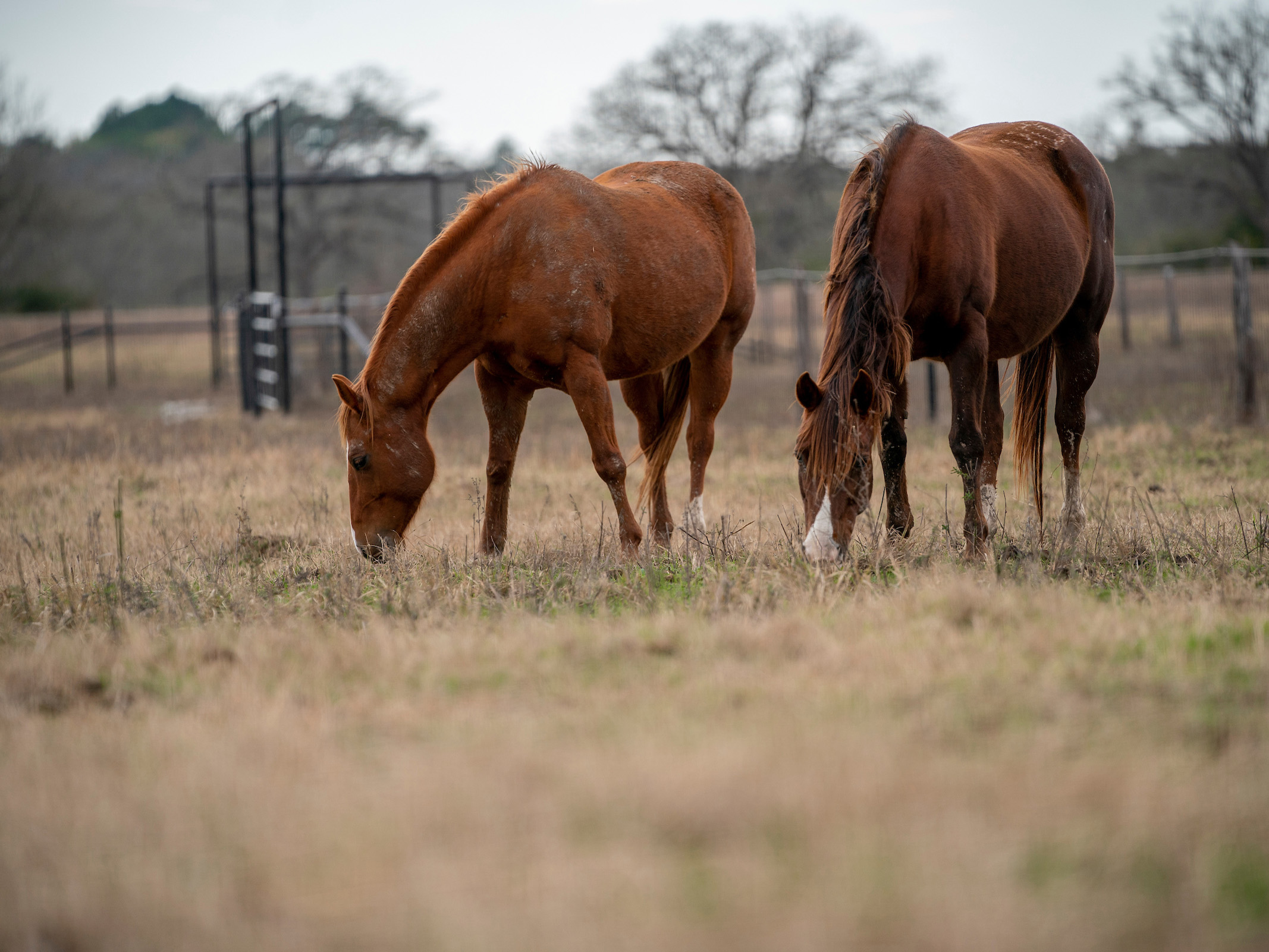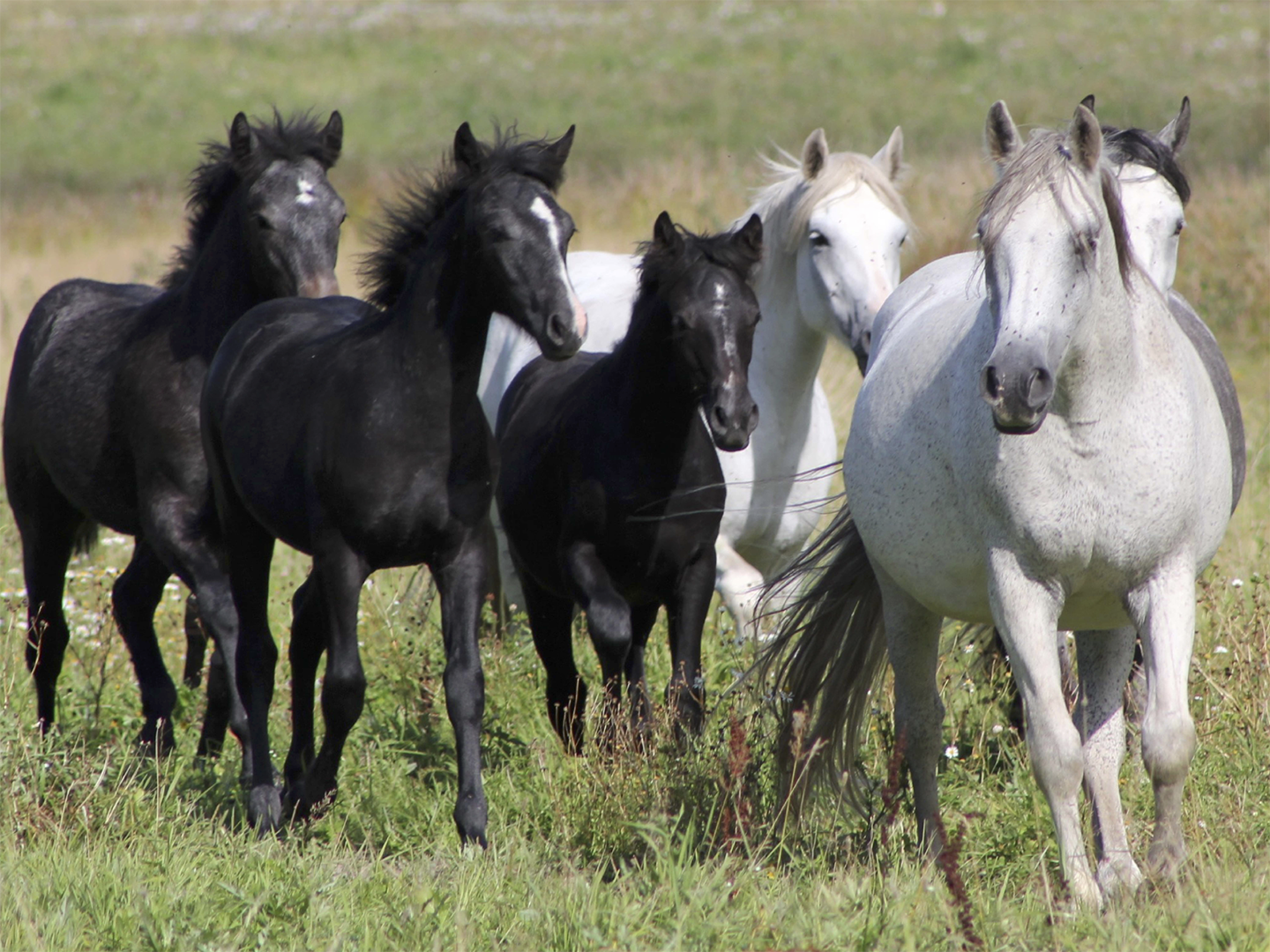When Growing Pains Take The Reins: Osteochondrosis In Horses
Young horses are typically full of energy, running and playing with excitement, but sometimes, their quick growth can hinder their ability to frolic in the fields with their peers. Osteochondrosis Dissecans (OCD) — a condition that occurs when bones and cartilage struggle to keep up with an animal’s growth — is among those that can […]
A Dose Of Defense: Keeping Horses Healthy Through Vaccination
Like humans, horses can acquire diseases that spread quickly, cause severe illness and, in some cases, prove fatal. Unlike humans, however, they have no control over their fate and rely entirely on their owners for protection. One of the most effective ways to safeguard a horse’s health is through vaccination. Vaccines prepare the body to […]
Texas A&M Equine Theriogenology Service Extends A Beloved Donkey’s Legacy
As any animal lover will tell you, there’s nothing quite like the human-animal bond. For Martha and Tommy Soyars, their special connection was with Moses, a mammoth jack donkey who joined their family in 2007 as a young colt. When the couple learned that Moses was approaching the end of his life, they began to […]
Don’t Horse Around When It Comes To Bumps: Understanding Equine Skin Tumors
Horses are known for their strength and beauty, but their skin is just as vulnerable as any living tissue. While some of the lumps and bumps commonly seen on horses are harmless, others may be cancerous tumors requiring prompt veterinary attention. Dr. Leslie Easterwood, a clinical professor at the Texas A&M College of Veterinary Medicine […]
Texas A&M Researchers Investigate Equine Cushing’s Disease’s Impact On Reproduction
Researchers at the Texas A&M College of Veterinary Medicine & Biomedical Sciences (VMBS) are studying how a disease called pituitary pars intermedia dysfunction (PPID) — also known as equine Cushing’s disease — can affect reproduction in mares. Horses with PPID are typically older and can develop a wide variety of symptoms; some of the most […]
Why Is My Horse Not Shedding Its Winter Coat? Understanding PPID In Horses
As the seasons change, so do horses’ coats to help them stay warm in winter and cool in summer. But, occasionally, horses can be late to shed their thick winter coats. While this isn’t always a problem, it can be a symptom of pituitary pars intermedia dysfunction (PPID), also known as equine Cushing’s disease. Drs. […]
VMBS Equine Specialist Leads The Way In Innovative Teaching, Patient Care
Veterinarian Dr. Kati Glass is revolutionizing equine medicine at Texas A&M through her endeavors in veterinary education and innovation. Only seven years into her career as a faculty member at the Texas A&M College of Veterinary Medicine & Biomedical Sciences (VMBS), Dr. Kati Glass ’09, ’12 has established herself as an international leader in equine […]
Texas A&M Researchers Uncover Secrets Of Horse Genetics For Conservation, Breeding
New research on the Y chromosome will allow geneticists to trace the paternal line in horses. Researchers at the Texas A&M College of Veterinary Medicine & Biomedical Sciences (VMBS) are helping uncover new information about the Y chromosome in horses, which will help owners identify optimal lineages for breeding and help conservationists preserve breed diversity. […]
Texas A&M VMBS, AgriLife Conduct Program Prioritizing Mounted Patrol Horses’ Health, Safety
Texas A&M veterinarians and Texas A&M AgriLife educational development specialists are collaborating to deliver a new training program to educate mounted patrol units throughout the nation on all the skills needed to care for their equine partners. The course on AgriLife Learn will include an overview of equine husbandry, anatomy and physiology, strategies for preventing […]
Texas A&M Researchers Discover Gene Variants That Determine Speed Of Graying In Horses
Scientists from the Texas A&M College of Veterinary Medicine and Biomedical Sciences (VMBS) and Uppsala University in Sweden now understand why some gray horses turn completely white as they age, while others remain an eye-catching “dappled” gray color. As published in the journal Nature Communications, the deciding factor is the number of copies of a […]

